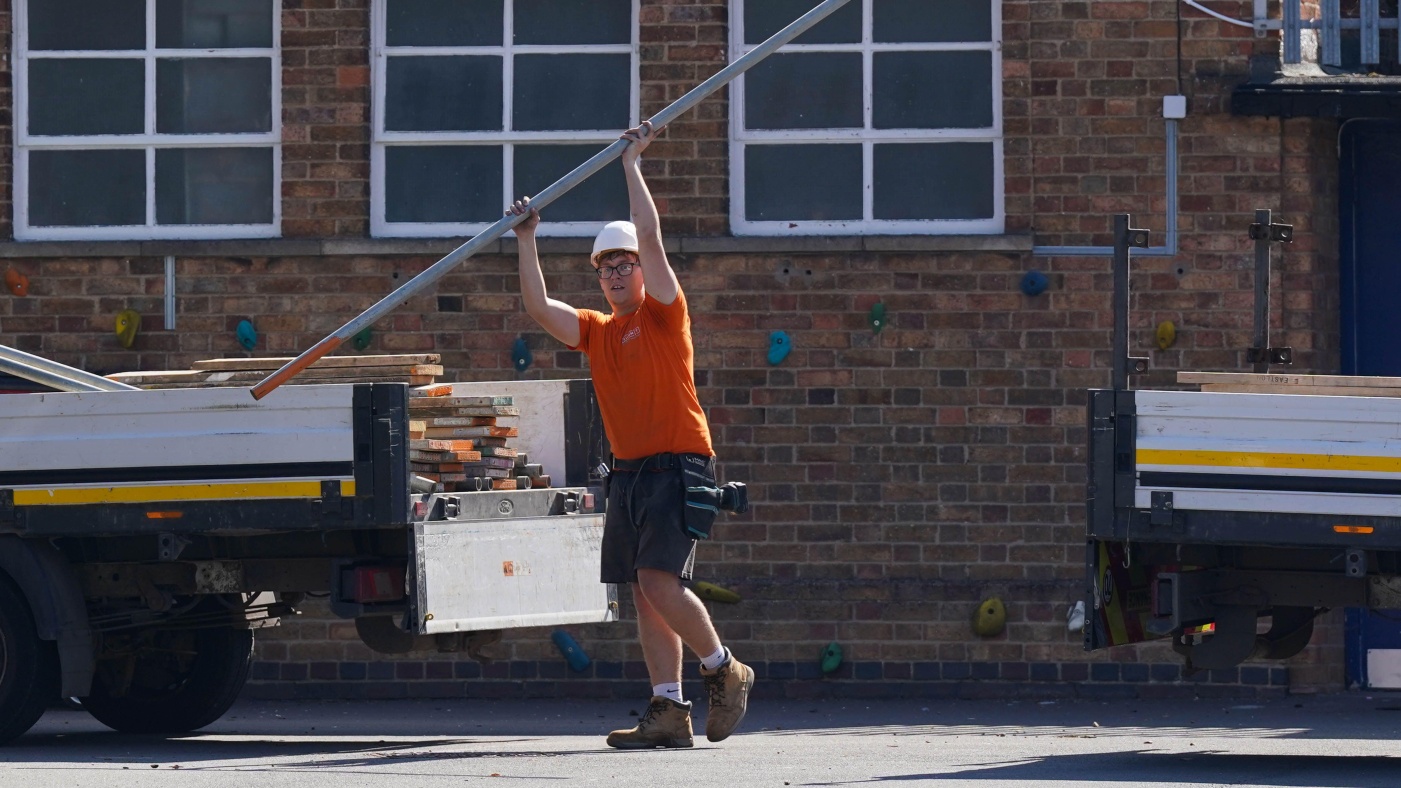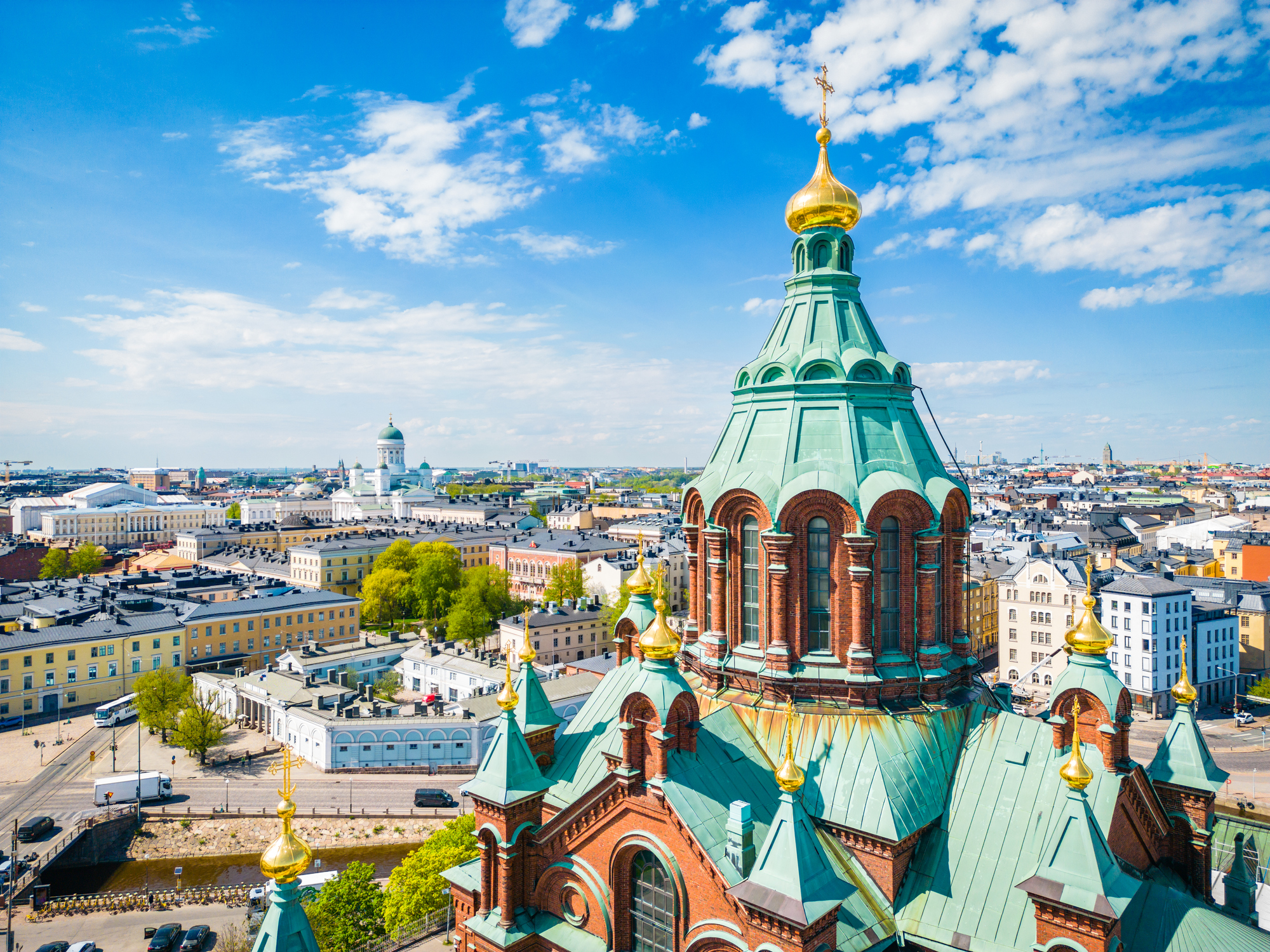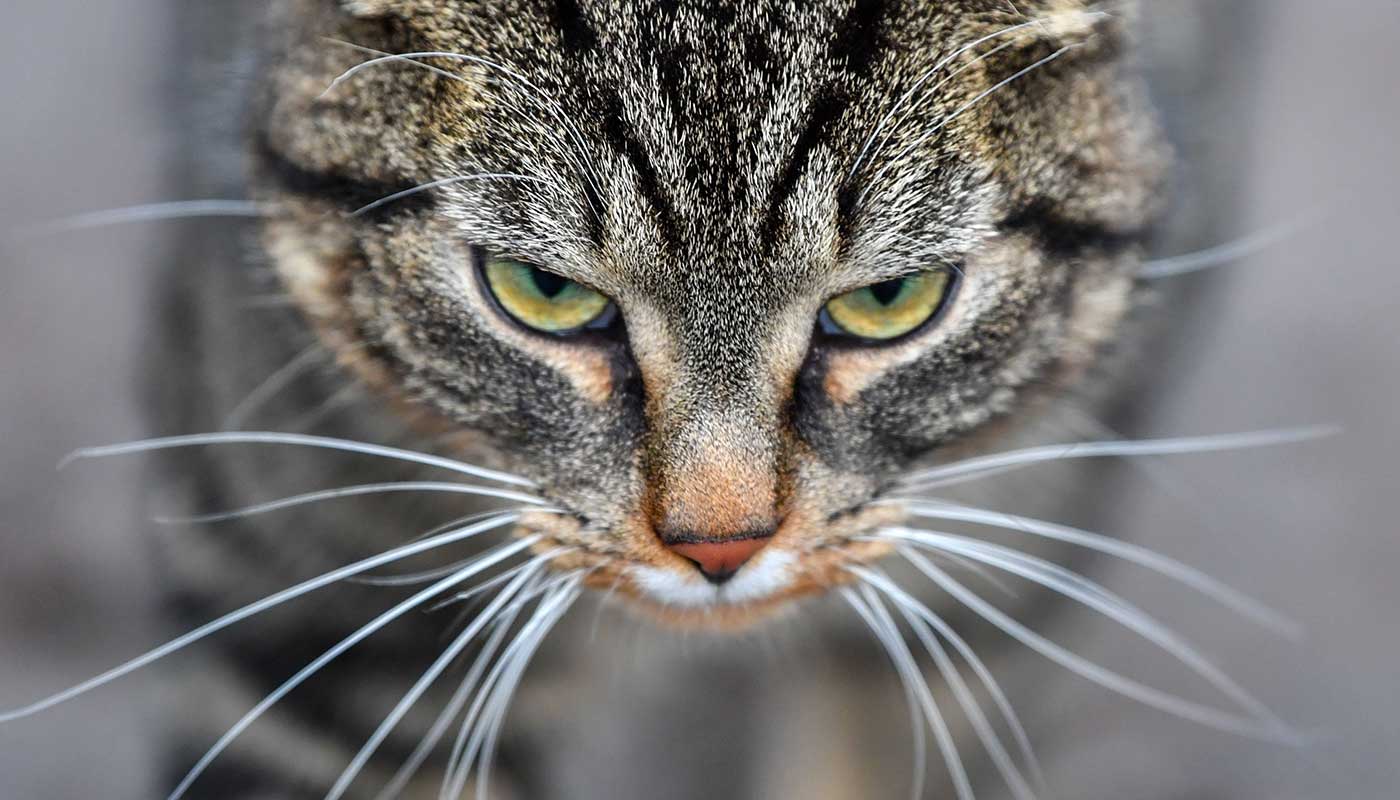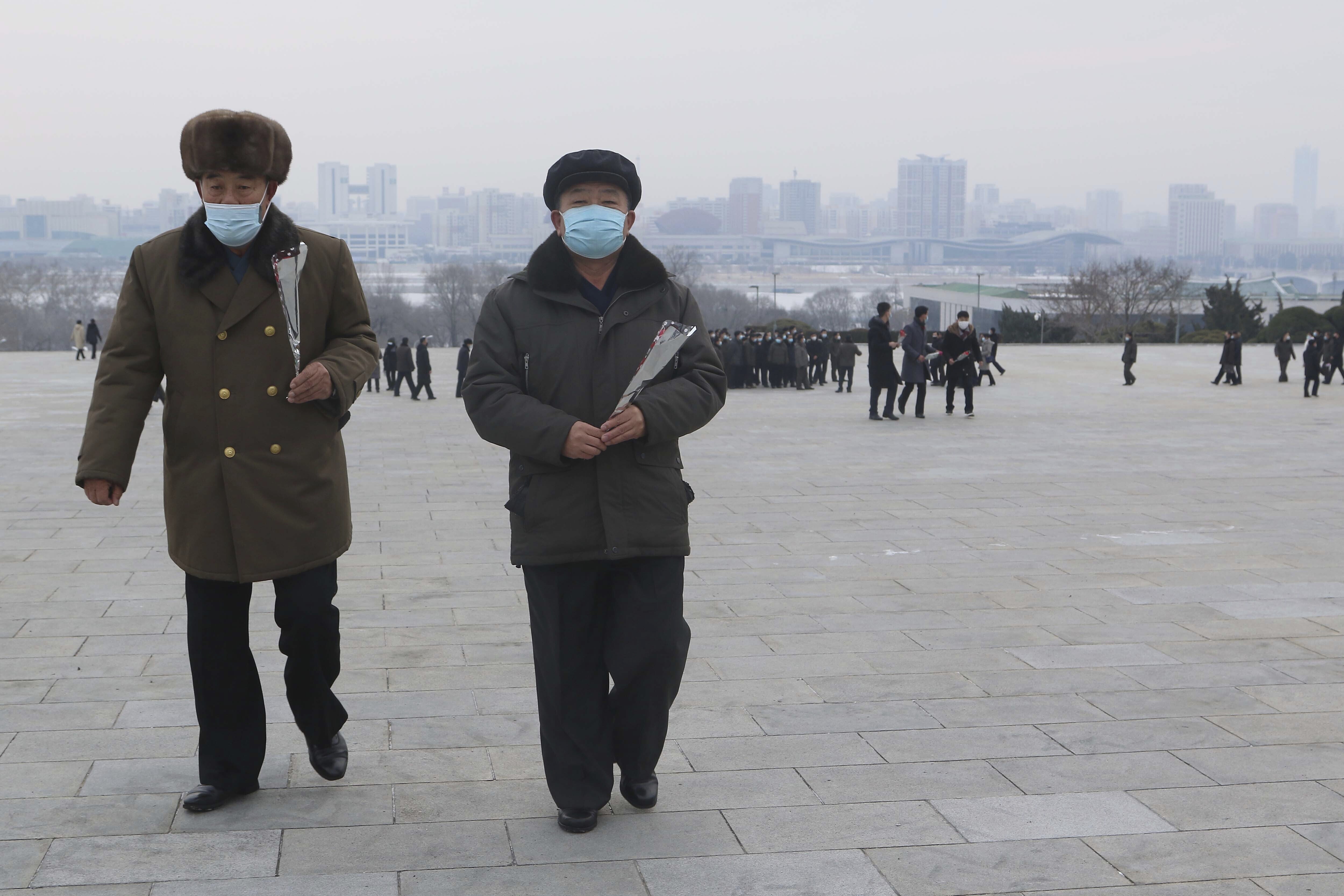‘To ensure this lockdown is the last one, we should not make the same mistake twice’
Your digest of analysis and commentary from the British and international press

A free daily email with the biggest news stories of the day – and the best features from TheWeek.com
You are now subscribed
Your newsletter sign-up was successful
1. The approach to Covid-19 in schools is one of dangerous exceptionalism
Jennifer Dowd in The Guardian
on roadmap omissions
While many parents have “heaved a sigh of relief” that England’s schools are due to reopen on 8 March, Oxford University professor of population health Jennifer Dowd is concerned that “aside from testing pupils on a twice-weekly basis, ministers have offered no further detail on how transmission in schools will be prevented”. Children “of all ages around the world are wearing masks in school this year” and “the same should be the case in England”. Schools should also be “better ventilated”, Dowd argues in The Guardian, noting that “portable high-efficiency particulate air (HEPA) filters can make a big difference at a relatively low cost”. These “basic school mitigation measures” can have “a significant effect on the rate of transmission” yet were not put in place last September. “To ensure this lockdown really is the last one, we should not make the same mistake twice.”
The Week
Escape your echo chamber. Get the facts behind the news, plus analysis from multiple perspectives.

Sign up for The Week's Free Newsletters
From our morning news briefing to a weekly Good News Newsletter, get the best of The Week delivered directly to your inbox.
From our morning news briefing to a weekly Good News Newsletter, get the best of The Week delivered directly to your inbox.
2. What is the point of Sir Keir Starmer?
Hugo Rifkind in The Times
on hand-wringing
“What’s the point of an opposition that doesn’t want to bring down the government?” asks Hugo Rifkind in The Times. Being willing to be unreasonable is part of being the leader of the opposition, he suggests, but Keir Starmer is “cripplingly poor at being unreasonable”. Instead, the Labour leader “just wrings his hands, transparently aware that things could be much, much worse, but without the cavalier swagger to pretend that he, personally, could make them much, much better”. Yes, the “honesty” of this approach “may be refreshing”, writes Rifkind, but “honestly, what’s the point of it?”
A free daily email with the biggest news stories of the day – and the best features from TheWeek.com
3. It’s time to end the martyrdom of motherhood
Suzanne Moore in The Daily Telegraph
on knackered mums
“Mothers have been utterly abandoned in every possible way during this pandemic,” writes Suzanne Moore in The Telegraph. Yet despite the “brutal reality” of the “domestic toil” they face each day, “motherhood is still venerated. Mother’s Day is coming up and we are already being bombarded with inspirational quotes and cards that make you want to throw up.” Mothers “are not heroes, we are exhausted”, says Moore, and “we want something better”. And bear in mind, “we have the power over life itself. Every single one of you was of woman born. Ignore us at your peril.”
4. Trump will seize control back at CPAC and Mitch McConnell must be terrified
Hannah Selinger in The Independent
on a tactical mistake
Donald Trump is expected to tell the Conservative Political Action Conference (CPAC) this week that he intends to run for the White House again in 2024, after being acquitted by the Senate on the charge of inciting the Capitol riots. In light of that predicted announcement, Hannah Selinger wonders in The Independent whether Mitch McConnell now regrets his decision to vote not to convict the former president despite having “made a compelling speech on the floor of the Senate blaming Trump for the insurrection”. The senior Republican had the chance to “banish the demon”, but instead “left the door wide open for the revitalisation of Trumpism”, writes Selinger. “As nervous as everyday Americans might be to hear what Trump has to say at CPAC on Sunday, I can only imagine the state of the GOP members who failed to neuter him when they had the chance.”
5. Why life on Mars could be a bad omen for humankind
Liam Mannix in The Sydney Morning Herald
on planetary portents
As scientists celebrate the landing of Nasa’s Perseverance rover on the red planet last weekend, Liam Mannix asks: “What if finding life on Mars is a bad thing?” The Sydney Morning Herald science reporter suggests that “countless alien civilisations” may have “got to where we are before and then been wiped out”, possibly by an asteroid, or “a species-exterminating nuclear war, or runaway global heating”. If we find life on Mars, he concludes, “you’ve got to wonder: what is that great cataclysm that stopped other alien races from colonising the stars - and can we survive it?”
-
 How to Get to Heaven from Belfast: a ‘highly entertaining ride’
How to Get to Heaven from Belfast: a ‘highly entertaining ride’The Week Recommends Mystery-comedy from the creator of Derry Girls should be ‘your new binge-watch’
-
 The 8 best TV shows of the 1960s
The 8 best TV shows of the 1960sThe standout shows of this decade take viewers from outer space to the Wild West
-
 Microdramas are booming
Microdramas are boomingUnder the radar Scroll to watch a whole movie
-
 The RAAC concrete crisis: fears spread to hospitals, homes and theatres
The RAAC concrete crisis: fears spread to hospitals, homes and theatresfeature Experts call for tens of thousands of buildings to undergo safety checks as crumbling schools scandal escalates
-
 Children trapped 900ft in the air in Pakistani cable car emergency
Children trapped 900ft in the air in Pakistani cable car emergencySpeed Read A helicopter rescue effort has been launched to save the stranded group of eight
-
 ‘Irony’ as Zoom calls staff back to office
‘Irony’ as Zoom calls staff back to officefeature And other stories from the stranger side of life
-
 The U.S. veterinarian shortage crisis
The U.S. veterinarian shortage crisisSpeed Read With an anticipated shortage of 15,000 vets by 2030, it will be harder to get care for pets
-
 Company teaches mask-wearers to smile again
Company teaches mask-wearers to smile againfeature And other stories from the stranger side of life
-
 Global happiness has been 'remarkably resilient' over the past three years
Global happiness has been 'remarkably resilient' over the past three yearsfeature
-
 Ministers considered killing all cats during pandemic
Ministers considered killing all cats during pandemicfeature And other stories from the stranger side of life
-
 North Korea imposes 5-day lockdown on capital to fight 'respiratory illness'
North Korea imposes 5-day lockdown on capital to fight 'respiratory illness'Speed Read